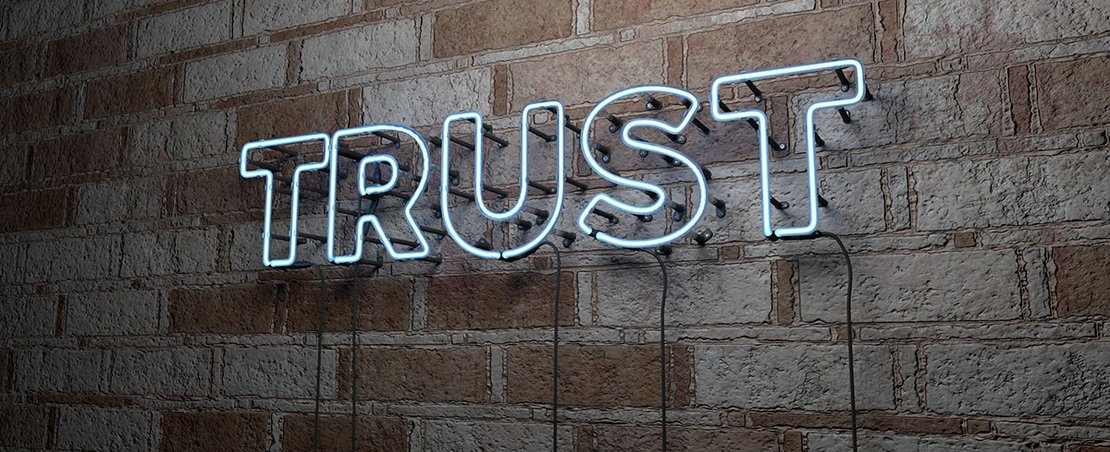
Author: Alex Blandford
Following the announcement of our projects exploring how ‘data trusts’ could help to solve challenges by enabling increased access to data while retaining trust, in partnership with Office for AI, Alex Blandford explains how we’re going about them
We’ve kicked off an exciting set of projects at the ODI: looking at how ‘data trusts’ work in a range of contexts.
But before we go into the detail, we need to talk about what a data trust is. Or really, we need to talk about what a data trust could be. We believe that data can be used for good and that surprising and transformative effects can come from pooling the right people and the right data. What we are looking at with data trusts is whether (and how) putting third party governance around data for a specific purpose could overcome different problems.
We’re running a pilot phase with three organisations to look at problems in different contexts. They are: local government and IOT sensors, illegal wildlife trading and food waste. In each of these cases, there are anxieties about pooling data that have traditionally made publishing that data openly difficult. We want to understand whether there is a model for a trust that helps ease those anxieties, preserve and enumerate rights and help those organisations achieve goals that had previously been out of reach.
We’re being careful not to nail down too many details about what that structure needs to be just yet. While we’re calling these projects “pilots”, we’re taking a lot of lessons from service design principles and are thinking about these as alphas that test out an idea and allow us to find out what suits organisations’ and people’s needs first.
Our first set of pilots involves funding from the Office for AI and Innovate UK and we’re looking at:
- How to manage real time data collected from sensors deployed to support the deliver of city public services, between the Royal Borough of Greenwich and the Greater London Authority.
- Food waste tracking with WRAP.
- Combating the illegal trade in animals with ZSL.
To do this, we’ve enlisted the help of BPE and Involve (for the Greenwich/GLA pilot) and Pinsent Masons and Communications Chambers (for the food waste and animal trade pilots). We’re also talking to experts across academia in law, computer science and the social sciences including Chris Reed from the law faculty at Queen Mary, University of London.
The core team is made up of: Peter Wells, Jack Hardinges, Anouk Ruhaak, Irina Bolychevsky, Renate Samson, Rachel Wilson, Louise Burke, me (Alex Blandford), Ed Parkes and Vicky Hallam with support from many others from around the ODI. We've got a range of skills including delivery management, finance, compliance, technology, product, research, policy and design, and backgrounds in the public, private and third sectors..
We’re trying to answer separate questions in each pilot, however there are some general themes that we’re trying to understand across all the work.
- When is a data trust the right structure?
- How can that structure create and maintain trust?
- What are the legal ramifications to managing data in this way?
We’re working to shape and define some of the questions as we go, and to involve people and groups who are interested in data trusts in the next steps. If you’d like to hear more, the project team will be writing a lot more about how we get on and some of the work.
If you want to follow our progress, the easiest way is to sign up to our newsletter. If you would like help with increasing access to data while retaining trust, then get in touch.